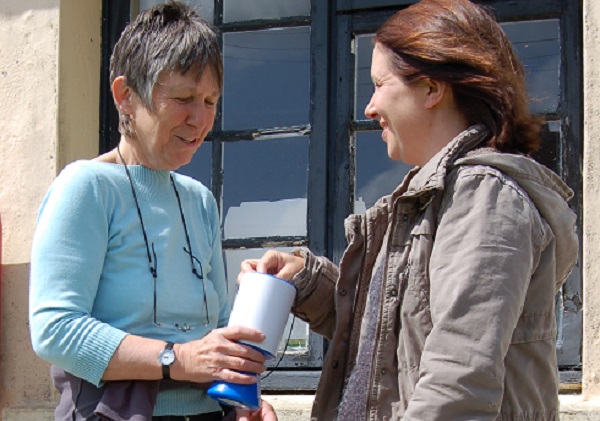 Bevan Foundation
Bevan Foundation 
As with so many league tables, Wales comes bottom of the charitable giving league table as well. According to the Community Foundation in Wales, out of UK nations Wales has the lowest proportion of households that give to charity. It has also experienced the steepest decline in charitable giving by individuals in recent years. And for the second year running, no charity in Wales has benefited from a donation of more than £1 million even though more than 400 such donations were made in that time. Hardly surprisingly, then, almost half of the funding that charities and voluntary organisations receives comes from the public sector. The charity economy is, not unlike the wider economy, heavily dependent on the state.
Does this mean Wales’s people particularly un-generous?
Part of the reason for Wales’s low level of charitable giving is the absence of rich people who give. Look back to the development of Wales’s industries, be they iron, coal or slate quarrying, and the entrepreneurs were almost exclusively from outside Wales. Shropshire, Cheshire, Devon and London all supplied the Crawshays, the Pennant family and their ilk. And fast as they could develop their new wealth, they took it outside Wales. As a result, unlike the north-east of England or Scotland for example, little if any wealth remains to develop art galleries, museums or charitable foundations.
Nor has Wales’s later economic growth provided much wealth for people in Wales. The collapse of coal, steel and quarrying, the rise of branch plants and the low level of business start-ups have further eroded Wales’s prosperity. Even today there is only one FTSE 100 company head-quartered in Wales.
The consequences are all too clear. Even Wales’s best-off people are significantly less well-off than those elsewhere. Whether this is measured in terms of earnings, household income or overall wealth, Wales’s rich are significantly less rich than their counterparts elsewhere. The graph below shows the gross annual earnings of each 10th of the population in Wales and the south-east of England respectively.
But while Wales may be short on wealthy people, it is has a powerful tradition of giving by its less well-off. Across Wales stand testaments to the generosity of ordinary people giving their time and money – in the shape of miners’ welfare halls, workmen’s institutes, community hospitals, the Universities of Aberystwyth and Bangor, and much more besides. On top of that. Wales has one of the highest levels of giving of time rather than money, as ordinary people support their local sports club, community centre and care for friends and relatives. What’s clear is that ordinary people are under severe financial pressure – and increasingly under time pressure too, as people have to work longer and harder just to get the same reward.
All of this leaves Wales’s charitable sector in a difficult place. There aren’t the wealthy people able and willing to give to good causes (although the best of arguably could still be giving more). Ordinary people have given to build community institutions, but they are under pressure. The state has stepped in, filling the gap in charitable donations and also taking over many services formerly provided by the community. But now state funding is also under pressure.
Whether Wales’s people – wealthy or otherwise – will dig deep to meet the shortfall as the economy continues in crisis remains to be seen.
Victoria Winckler is Director of the Bevan Foundation. A version of this post was presented to the baord of the Community Foundation in Wales on 31st January 2013.



